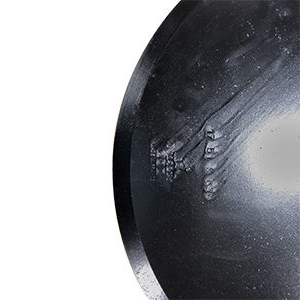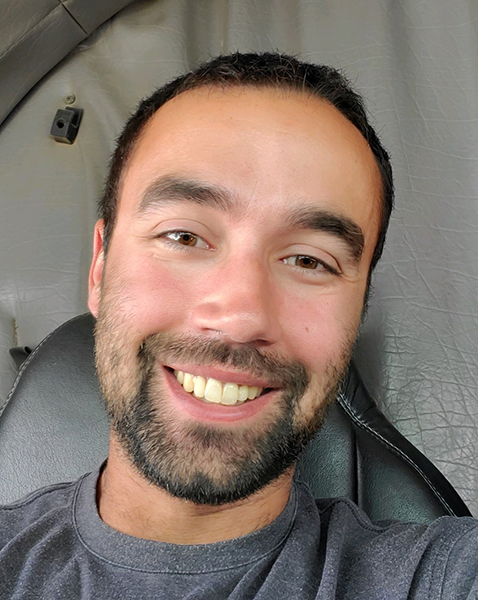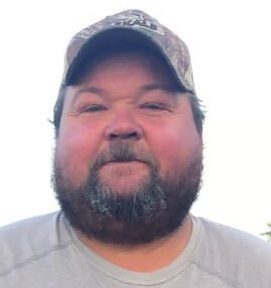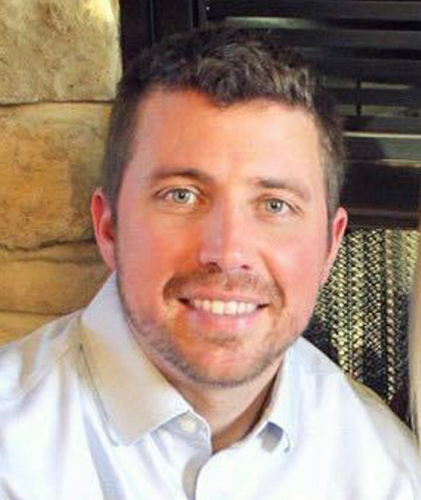20% more wear-life than the next-best. The Forges de Niaux takes it to the next level with a unique steel and special heat-treat process. Same dimensions as OEM. Replaces John Deere Part number N283804.
Now available: Forges de Niaux’s superior blades for Case-IH Precision Disc 500 / NH P-2080 / 2085. Same dimensions as OEM, but with the greater durability of the Forges de Niaux! Harder on the periphery, for 20% greater wear life. Stays sharper longer. (Note: We don’t stock these in our warehouse; all orders will incur shipping.)
Blade sharpness is critical, and we were advocates of frequent blade replacement long before we ever started selling any opener blades. Dull blades hinder the cutting of straw and stalks—resulting in hairpinning, i.e., tucking the residue into the furrow with the seed sandwiched in the middle—as well as poor cutting of the soil itself. Attempting to overcome this requires more down-pressure and frame weight, sometimes a great deal more.
A few companies are selling aftermarket blades that are larger diameter than OEM, which is 18″. This is undesirable for a couple reasons: First, larger blades result in more hairpinning (unless you’re planning to cut a furrow 5″ deep). For seeding depths of 1.5 – 2.5″, you really want blades that are only 15 – 16″ diameter; 18″ is a bit too large already. Secondly, if you typically seed about 1.75 – 2″ deep (and this is where these drills work best), going to a larger blade will create more of a gap between the lower edge of the seed boot and the soil surface, causing more seeds to escape (and lowering the boot to the bottom hole may not put the boot at the proper spot either, depending on the exact blade diameter being used).

20% more wear-life. The Niaux 200s also stay sharp longer. But the additional wear life on the Niaux 200s doesn’t impair their toughness, because the extra hardening occurs only on the outermost inch.
Content of this page is copyright 2005-2025 Exapta Solutions, Inc. (reprint with written permission only).
Thompson wheel covered by U.S. Patent No. 6,907,833. Liquid delivery feature of Valion seed tube guards is U.S. Patent No. 8,978,564. Ninja seed bounce flap U.S. Patent Pending. UniForce U.S. Patent Pending. All rights reserved on other designs. Exapta is a registered trademark of Exapta Solutions, Inc. Keeton is a registered trademark of Precision Planting. Mojo Wire, Thompson wheel, Valion guard, Ninja flap, UniForce, DuraLok, No-till Seeding Explained, and No-till Seeding School are trademarks of Exapta. Disclaimer: Recommendations & page content are current, accurate, and believed to be broadly applicable as of the time of writing (Dec 2005) and last update (2005 – 2014). Because of diversity of soils, climate, crops, planter & drill models/designs marketed worldwide, combinations of attachments, etc., actual results may vary. No warranty is made as to actual results obtained. Should you encounter exceptions or worthwhile annotations to the statements made on this page, please contact us.



Derek is Kansas native who grew up in a 100% no-till farming operation. From an early age the benefits of no-till were made known to Derek by his father and by attending no-till conferences. From there he furthered his passion for soils while at Kansas State University getting his agronomy degree. He has had the experience of working in various roles and sectors of agriculture from sales and consulting to management, which have all been within production agriculture. Derek has also worked in specialty ag markets such as turf and ornamentals.
Sales & Service Representative
Prior to joining Exapta, Bob Pagel was an Agricultural Territory Sales Manager for Ritchie Brothers, serving parts of MN, WI and IA. He continues to support his family farm in SE Minnesota.
Current Product Engineer
Jonathan Zeller joined Exapta excited to return to working with no-till planting equipment. He supported research of no-till planting and other ag related projects for 7 years with Kansas State University’s Agricultural Engineering Department after getting his engineering degree. He later worked 3 years for Landoll Company, LLC. where he gained experience in a design engineering role. Jonathan grew up on a small family farm in NE Kansas working with row crops, hay and cattle. Jonathan enjoys solving engineering problems and improving or creating products to be robust and easy to install and service.